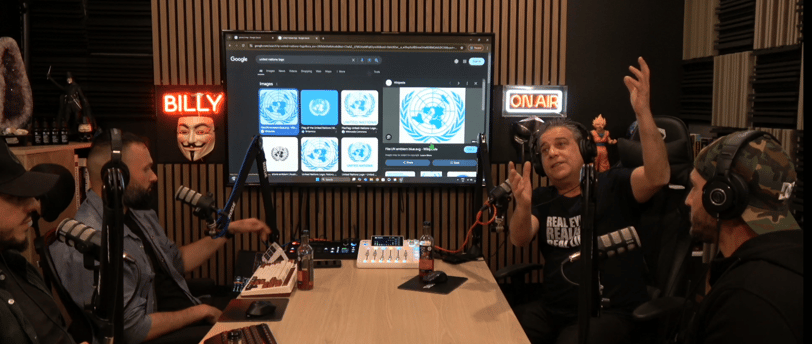Was Noah the First Conspiracy Theorist? Ancient Warnings & Modern Parallels
Was Noah history’s first conspiracy theorist? This deep dive explores biblical prophecy, the cycle of ignored warnings, and how ancient skepticism mirrors modern times. Is history repeating itself? Read on to find out.
billy vasili
3/8/20252 min read


Was Noah the First Conspiracy Theorist? A Look at Biblical Prophecies
For centuries, the story of Noah has been told as one of faith, obedience, and divine intervention. But what if we looked at it through a modern lens? Imagine a man warning society of an impending global catastrophe, preparing for a disaster no one else believes in. Today, we might call that person a conspiracy theorist. Was Noah, then, history’s first conspiracy theorist?
The Original Doom Prophet
Noah’s story in the Book of Genesis tells of a man who received a divine message that the world was about to be wiped out by a great flood. While he built an ark in preparation, his peers ridiculed him, dismissing his warnings. To them, he was a doomsday prepper gone mad.
This narrative sounds eerily similar to modern conspiracy theorists who predict economic collapses, societal breakdowns, or catastrophic events—only to be mocked by the majority. Just like Noah, today’s whistleblowers and theorists are often marginalized until, sometimes, history proves them right.
Ancient Warnings vs. Modern Conspiracies
The pattern of a select few sounding alarms while the majority dismisses them is nothing new. Consider a few historical parallels:
The Fall of Rome: Some Roman senators and scholars warned that the empire was overstretched and vulnerable. Their warnings were ignored until the empire collapsed.
The 2008 Financial Crisis: A handful of economists, including figures like Michael Burry, predicted the housing market crash years before it happened. They were mocked—until they were right.
The COVID-19 Pandemic: Early warnings about potential global outbreaks were dismissed as paranoia. When the pandemic hit, governments scrambled to respond.
Noah’s predicament fits the same mold: a lone voice against the tide of societal ignorance.
Does History Repeat Itself?
The cycle of disbelief and vindication repeats throughout history. The real question is: why do people resist inconvenient truths?
Cognitive Dissonance: It’s easier to reject alarming news than to process and act on it.
Trust in Institutions: Many assume that if something were truly dangerous, governments or experts would intervene.
Mass Psychology: People are more comfortable going along with the crowd rather than standing against it.
If Noah were alive today, would he be shadow-banned on social media? Labeled as a religious fanatic? Placed on a government watchlist? The resistance to dissenting voices remains the same, whether in ancient times or in today’s digital age.
Conclusion: From Ark to Algorithm
Noah’s story isn’t just about a flood; it’s a cautionary tale about human nature. Whether it’s prophecy, science, or geopolitical warnings, those who challenge the mainstream narrative often face ridicule—until they don’t.
So the next time you hear someone predicting an event that sounds absurd, ask yourself: is this the next Noah, or just another false prophet? History suggests we should at least listen before dismissing them outright.
